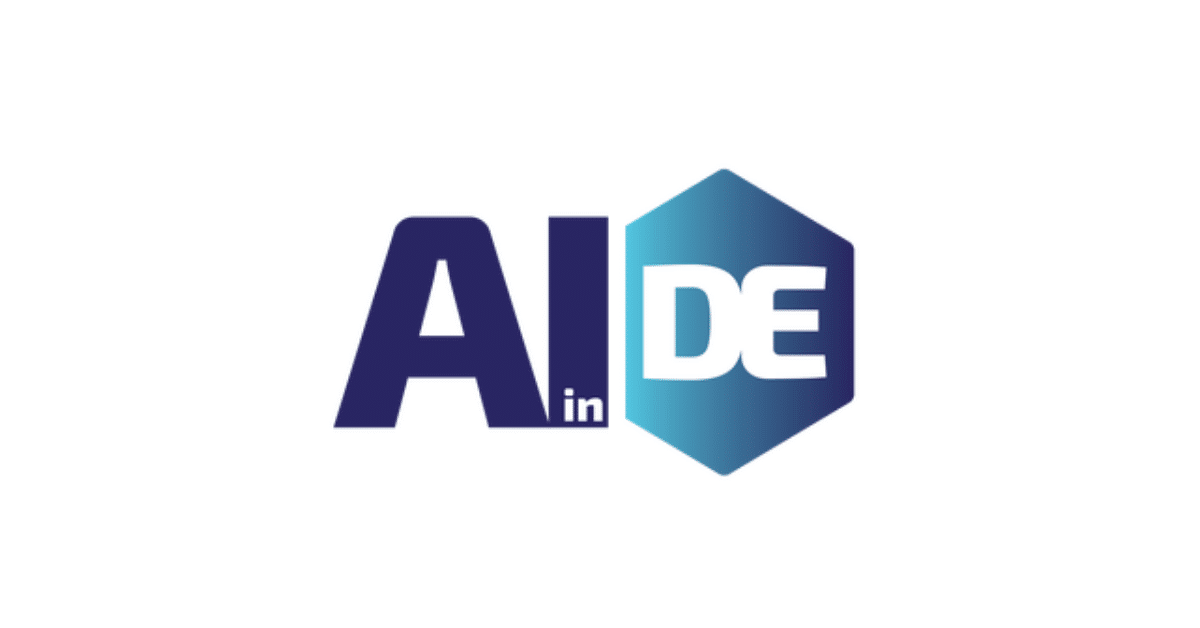On Wednesday, May 14, the Technology Forum of Delaware held its third annual AIinDE event at Theater N in Wilmington.
Designed to bring together innovators, policymakers, and technologists, the event offered insights into how artificial intelligence is being applied across industries and what that means for the future of work, policy, and innovation in Delaware.
The evening featured talks from state leaders, academic experts, and private-sector entrepreneurs.
Keynote speaker Mike Hruska, President & CEO of Problem Solutions, delivered a compelling message: “Think AI First.”
He encouraged attendees to build their “AIQ” – an AI-first mindset that leverages artificial intelligence to unlock team potential and enhance decision-making. As AI use cases grow exponentially, he emphasized that the organizations best positioned for success will be those that prepare their people and culture to embrace it.
On the government side, Delaware CIO Greg Lane shared how the state is using AI in areas such as cybersecurity, traffic management, and customer service. Among the tools being tested are Della the Chatbot, a DMV chatbot, as well as AI-powered service desk avatars capable of responding in multiple languages. The aim of each is to make government services more efficient and responsive.
State Representative Krista Griffith, who chairs Delaware’s AI Commission, spoke about shaping policies that guide AI use responsibly. Her remarks focused on balancing innovation with ethical considerations, especially around healthcare, workforce training, and data privacy.
The University of Delaware’s Dr. Sunita Chandrasekaran, who also serves on the commission, highlighted the work of UD’s AI Center of Excellence (AICoE). Backed by more than $6 million in external funding, the center is dedicated to advancing multidisciplinary research and developing Delaware’s next-generation AI workforce.
In the private sector, Nahshon Little, CEO of AI Training Company and NC Tech Consultants, demonstrated how AI agents are already transforming small business operations. Among the examples he shared were voice agents that handle phone calls and conduct interviews, as well as social media and administrative assistants that manage communications. These tools show how businesses can benefit from accessible, real-world AI applications.
As AI continues to evolve, events like AIinDE serve as a valuable space for discussion, exploration, and collaboration. Whether it’s shaping policy, building tools, or training the workforce of tomorrow, Delaware is working to position itself as a leader in responsible and innovative AI adoption.








